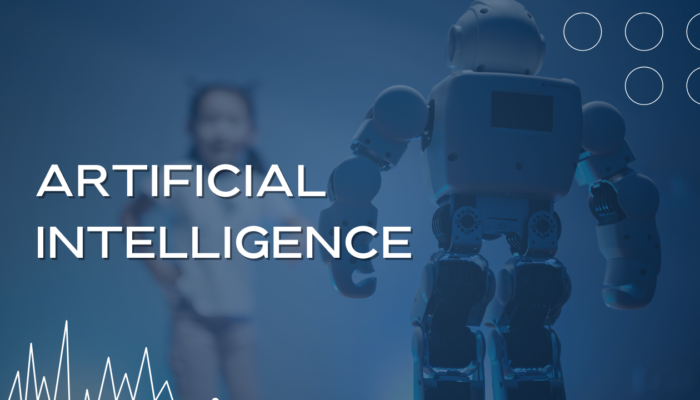Towven.com – The relentless pursuit of computational power has driven technological advancements for decades.
Traditional computers, reliant on the binary system of bits (0s and 1s), are reaching their limits for tackling increasingly complex problems.
However, a revolutionary technology is emerging – quantum computing. It harnesses the principles of quantum mechanics, the science governing the behavior of matter at the atomic and subatomic level, to perform calculations in an entirely new way.
Quantum computing holds immense potential to revolutionize fields ranging from materials science and drug discovery to artificial intelligence and financial modeling.
This article delves into the captivating world of quantum computing, exploring its core principles, the unique advantages it offers, and the potential it holds for shaping the future of computation.
Beyond the Binary: Unveiling the Core Principles of Quantum Computing
Quantum computing departs from the binary world of traditional computers. It leverages the following core principles from quantum mechanics:
-
Superposition: Unlike classical bits that can be either 0 or 1, quantum bits (qubits) can exist in a state of superposition. This means a qubit can be both 0 and 1 simultaneously, a phenomenon known as superposition.
-
Entanglement: Multiple qubits can be entangled, meaning their fates are linked. A change in one entangled qubit instantaneously affects the others, regardless of their physical separation.
-
Quantum Interference: When multiple qubits are manipulated simultaneously, the resulting outcomes can interfere with each other constructively or destructively. This quantum interference can be harnessed to perform calculations more efficiently.
These principles enable quantum computers to explore a vast number of possibilities simultaneously, offering a significant advantage over traditional computers that process information sequentially.
Unlocking Potential: The Advantages of Quantum Computing
Quantum computing offers several advantages over traditional computing:
-
Exponential Speedup: For certain types of problems, quantum computers can achieve exponential speedups compared to classical computers. This is particularly beneficial for problems that involve complex simulations or large-scale optimization.
-
Revolutionizing Drug Discovery: Quantum computing can accelerate the process of drug discovery by simulating complex molecules and chemical reactions with greater accuracy and efficiency.
-
Unlocking New Materials: Quantum computers can be used to simulate the properties of materials at the atomic level, leading to the discovery of new materials with desired properties for applications in energy, electronics, and more.
-
Financial Modeling and Risk Analysis: Quantum computers can analyze vast amounts of financial data and perform complex simulations, leading to improved risk assessment and portfolio management.
-
Breaking Encryption: While a double-edged sword, quantums computing has the potential to break certain widely used encryption algorithms. This necessitates the development of new, quantum-resistant encryption methods.
-
Artificial Intelligence (AI) Advancements: Quantum computing can accelerate the development of advanced AI algorithms by enabling more complex learning models and faster training processes.
These are just a few examples of the potential applications of quantum computing. As the technology matures, we can expect even more groundbreaking discoveries and applications across various fields.
Beyond the Hype: Challenges and Considerations of Quantum Computing
While quantum computing offers immense potential, there are several challenges and considerations to address:
-
Quantum Error Correction: Maintaining the delicate state of qubits is a significant challenge. Quantum error correction techniques are crucial for ensuring the accuracy of calculations on quantum computers.
-
Scalability: Building large-scale, error-corrected quantum computers remains a significant engineering challenge. Currently, quantum computers are limited in the number of qubits they can handle.
-
Software Development: Developing algorithms and software specifically designed for quantum computers is another challenge. Existing classical programming languages and techniques need adaptation to leverage the unique capabilities of quantums computing.
-
Cost and Accessibility: Building and maintaining quantum computers is expensive, limiting accessibility for many researchers and institutions. As the technology matures, we can expect costs to decrease.
-
Impact on Jobs: As with any revolutionary technology, quantum computing may lead to job displacement in certain sectors. However, it is also likely to create new job opportunities in areas like quantum software development and engineering.
A Quantum Leap Forward: The Future of Quantum Computing
Quantum computing has the potential to revolutionize the way we approach scientific discovery, technological advancement, and problem-solving across various fields.
While challenges remain in terms of scalability, error correction, and software development, the potential benefits are undeniable.
Continued research and investment in quantum computing hold the key to unlocking its true potential and ushering in a new era of computational power. As we navigate the complexities of quantum computing,







